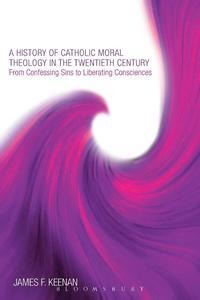
History of Catholic Moral Theology in the Twentieth Century : From Confessing Sins to Liberating Consciences
Bok av Keenan James F Keenan
This is an historical survey of 20th Century Roman Catholic Theological Ethics (also known as moral theology). The thesis is that only through historical investigation can we really understand how the most conservative and negative field in Catholic theology at the beginning of the 20th could become by the end of the 20th century the most innovative one. The 20th century begins with moral manuals being translated into the vernacular. After examining the manuals of Thomas Slater and Henry Davis, Keenan then turns to three works and a crowning synthesis of innovation all developed before, during and soon after the Second World War. The first by Odon Lottin asks whether moral theology is adequately historical; Fritz Tillmann asks whether it's adequately biblical; and, Gerard Gilleman, whether it's adequately spiritual. Bernard Haering integrates these contributions into his Law of Christ. Of course, people like Gerald Kelly and John Ford in the US are like a few moralists elsewhere, classical gate keepers, censoring innovation. But with Humanae vitae, and successive encyclicals, bishops and popes reject the direction of moral theologians.







